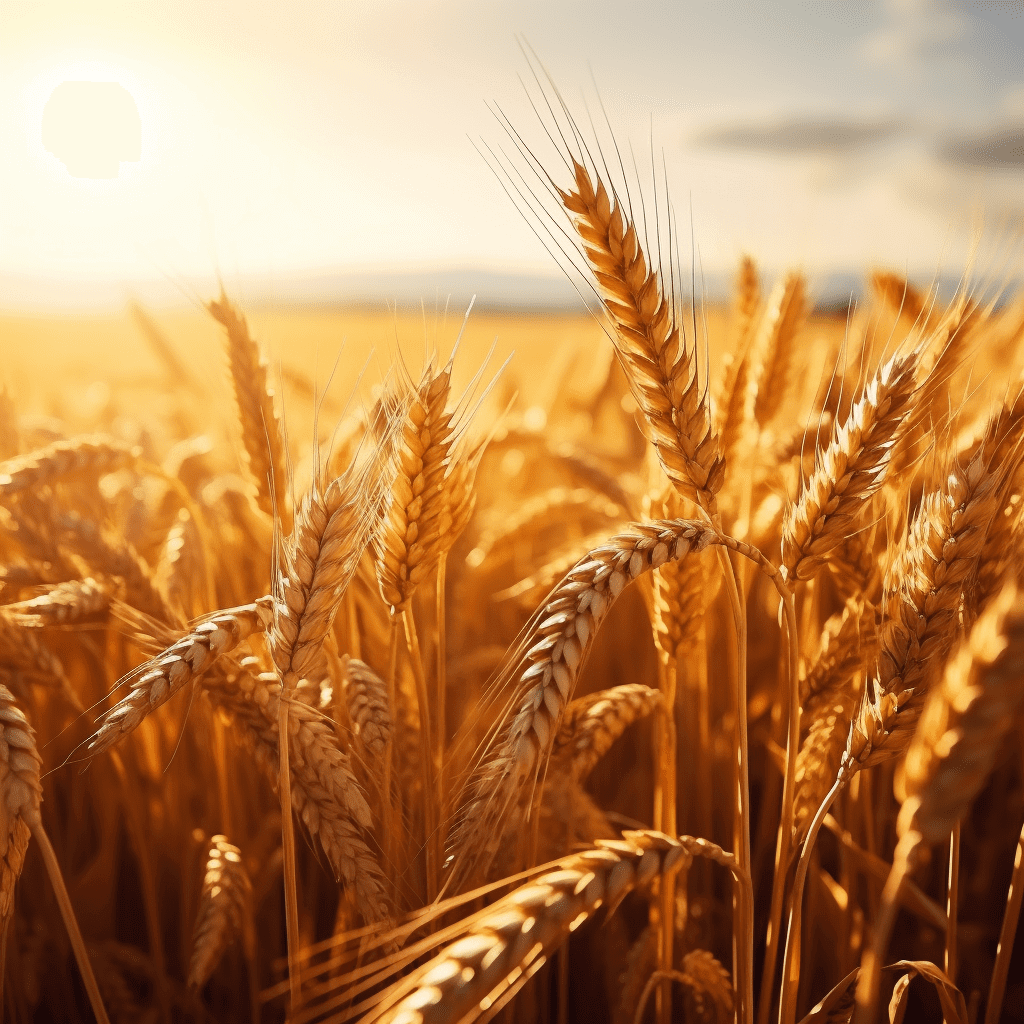Poland has announced it will temporarily stop sending weapons to Ukraine, citing a dispute over grain exports.
In a televised speech on Wednesday, Polish Prime Minister Mateusz Morawiecki said: “We are no longer transferring any weapons to Ukraine because now we will arm ourselves with the most modern weapons.” Ukraine’s neighbor has been one of its strongest allies, providing tanks, fighter jets and hosting an estimated one million refugees.
However, tensions over grain could play into Russia’s hands if the issues are not resolved, experts warn. The origins of the current tensions go back to the beginning of the war and Russia’s blockade of Ukrainian grain exports via the Black Sea. Shipping lanes were blocked, but an agreement was reached with Moscow to allow grain to be transported overland. While positive, it meant that neighboring European countries were flooded with grain from Ukraine, driving down prices and leaving local farmers out of pocket.
To prevent this from happening, the European Union temporarily banned grain imports from Ukraine to five countries: Poland, Slovakia, Romania, Bulgaria and Hungary. The ban expired on September 15 and EU leaders chose not to renew it. However, Poland, Slovakia and Hungary decided to continue with it of their own free will. EU leaders have warned that it is not up to individual member states to decide trade policy within the bloc, and Ukraine filed lawsuits at the World Trade Organization (WTO) over countries that maintained the ban.
During his visit to the United Nations in New York on Tuesday, President Volodymyr Zelenskyy accused “some in Europe” of “playing solidarity in political theater” and “turning the grain into a thriller.” He warned that by doing so, these three nations are “helping set the stage for a Moscow actor.” Poland then summoned its Ukrainian ambassador before Mr. Morawiecki announced the temporary ban on weapons and threatened to “add additional products” to the ban. With the Ukrainian economy decimated by the war effort, it is desperate to sell as much of its grain as it can. But given the level of support on offer, Poland’s request that this not be at the expense of its farmers is “quite reasonable”, according to military analyst Sean Bell.
However, instead of showing understanding, the constant efforts of Mr. Zelenskyy to maintain Western support has left him frustrated, Bell says. He has to contend with a “growing feeling” in the West that “Russia is no longer the threat it once was,” adds Bell, who has discouraged countries from giving up their own resources to help Ukraine when there are more pressing problems in the West . house Many analysts have pointed to the upcoming elections in Poland on October 15 as another factor in his challenging position. Although the Law and Justice party (PiS) of Mr. Morawiecki is more likely to win, according to recent polls, his margin over his far-right opponents has narrowed.
The Polish far-right has long criticized the supply of arms to Ukraine, which has so far cost Poland around a third of its military resources. So the threats of Mr. Morawiecki on guns could be the last attempt to win back votes, especially among farmers. This is a risky game that could play into Russia’s hands, warns Ruslan Tradis, a resident fellow for security research at the Atlantic Council’s Digital Forensics Research Laboratory.
According to Bell, Mr Zelenskyy could reverse Poland’s position by extending an olive branch. “There will be a conversation between Zelenskyy and the Polish leadership in which he will turn around and say that he is very, very grateful for all the help they have provided,” he says. He will say that his comments were not directed at Poland, but more to ensure that the West maintains its support. It will be a case of humble pie and clarifying words. In that case, Poland would probably accept the apology, he adds. Poland also has a vested interest in continuing other types of support. His tank renovation is a good source of income, and the refugees he’s taken in help with his workforce, Bell says. However, the situation is less clear in Slovakia, where the “dust will have to settle” in the elections before their position becomes clear.
This article is sourced from and written by AI.
Track and stay informed about AI-generated news:

